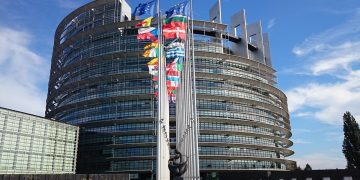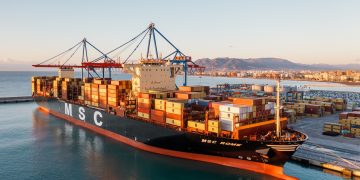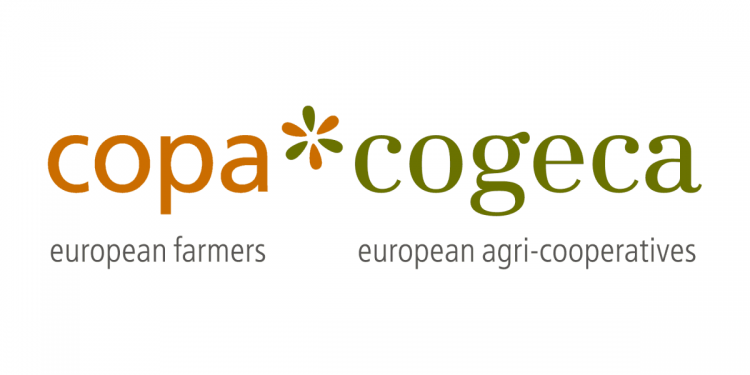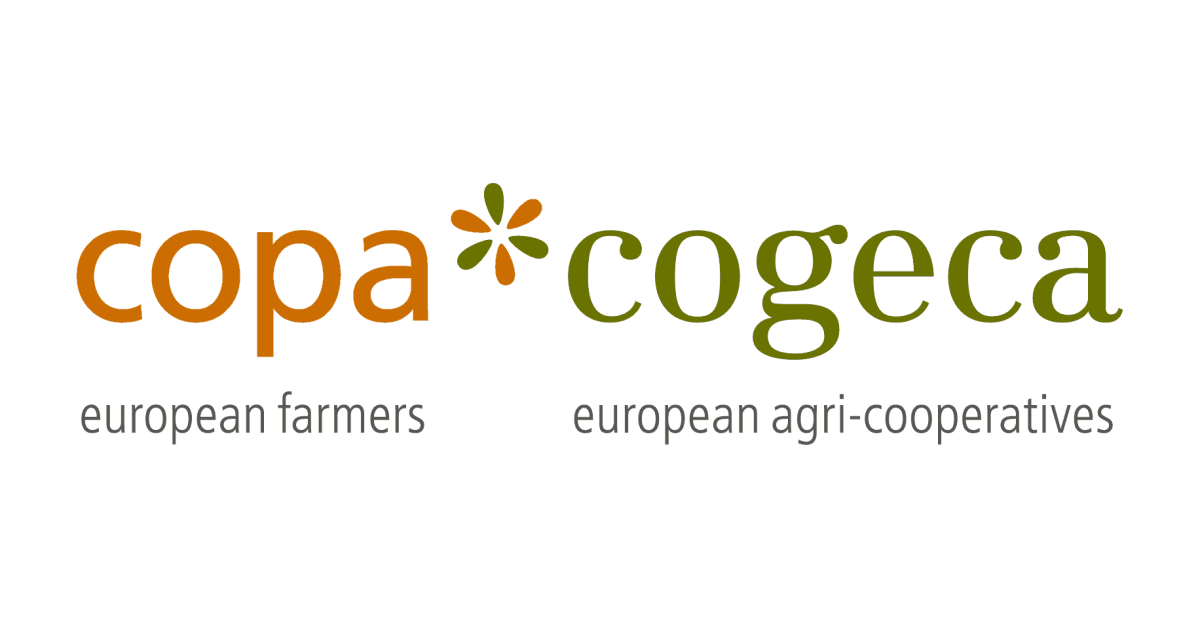European agricultural organisations are calling on EU policymakers to reconsider the EU-Mercosur trade agreement following Brazil’s recent suspension of beef exports from female cattle. The latest EU audit[1] reveals Brazil’s persistent issues in meeting European food safety standards, particularly regarding the tracking of banned hormones.
DG SANTE’s audit highlighted significant gaps in Brazil’s ability to trace hormone use in its cattle exports to the EU, particularly estradiol 17β, a growth hormone widely used in Brazil but banned in the EU for over 40 years due to its potential cancer risks. Despite these findings, the EU Commission has allowed Brazilian authorities to implement a “self-ban” until they can guarantee hormone-free beef exports to Europe. This decision has raised serious concerns about the adequacy of oversight and the reliability of Brazil’s self-regulation, especially considering the recent “Carne Fraca” scandal which exposed severe regulatory failures in the Brazilian meat industry.
Furthermore, for arable crops, the recurring difficulties in Brazil with restricting the use of hazardous plant protection products and the increasing differences in terms of phytosanitary standards between Brazil and in the EU, makes the situation unsustainable and unacceptable for EU farmers. For example, a forthcoming CEPM study shows that 52% of the active substances authorized for use on maize in Brazil and Argentina had been banned in the EU, some of them, such as atrazine, for over 15 years!
As far as sugar beet is concerned, it is around 30 active substances authorized in sugar cane in Brazil but no longer authorized for use in sugar beet in the EU. These differences cannot be explained only by different conditions such as climate, soil, or mitigation measures. An active substance considered dangerous for health or for the environment in the EU should also be considered dangerous in Mercosur countries.
European farmers are alarmed by the potential risks of increasing imports from Brazil under the EU-Mercosur agreement as this will undermine the stringent EU standards for animal welfare, environmental protection, and consumer health.
Allowing access to the European market for products that fail to meet these established standards would be a disservice to EU producers and consumers alike.
We urge EU policymakers to reject this agreement in its current form and to champion a trade policy that upholds the rigorous standards of our agricultural sector and reflects European values, as underscored in the Strategic Dialogue on the Future of Agriculture.
Fonte: Copa Cogeca



















































